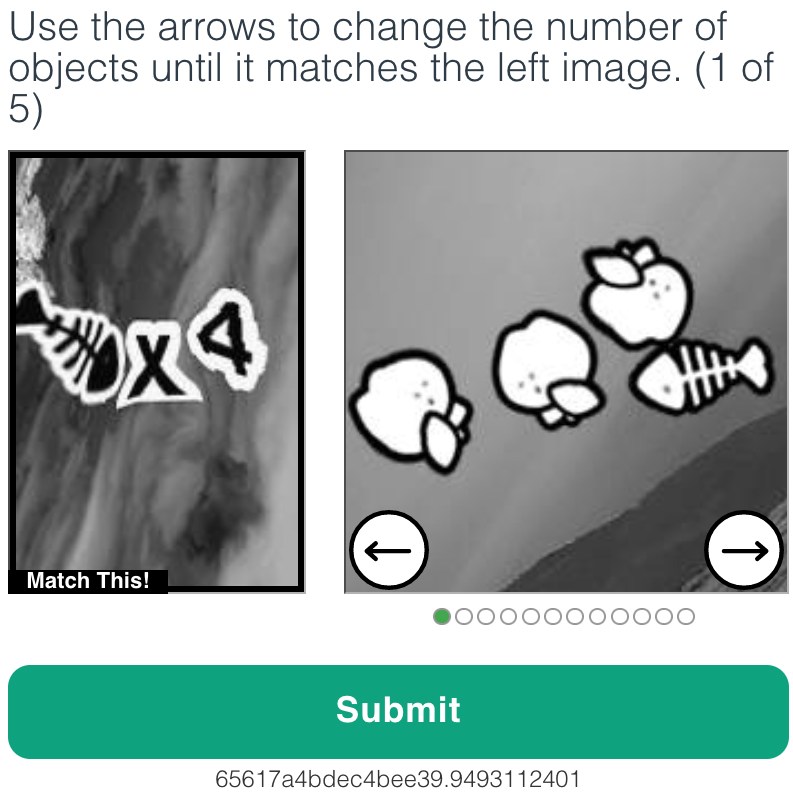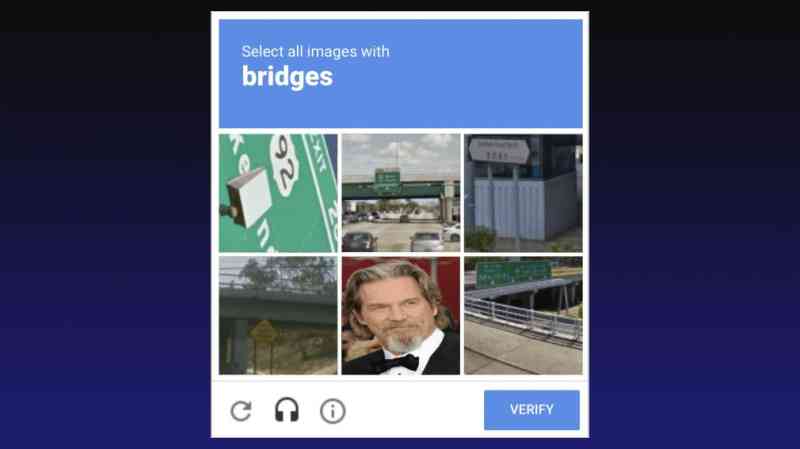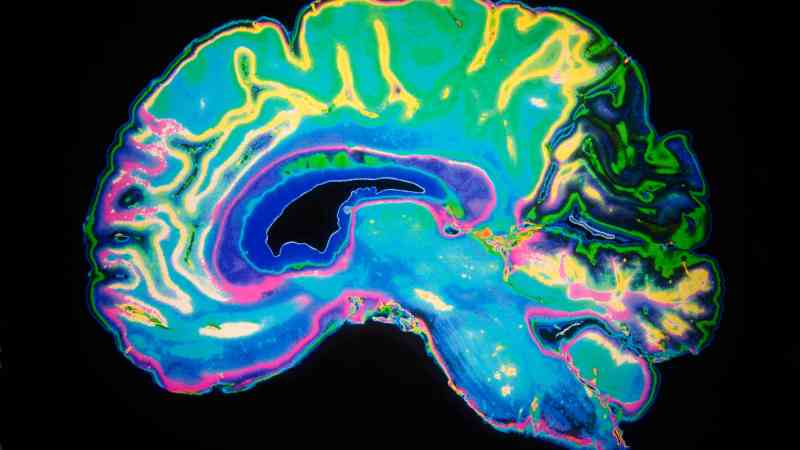You’re not imagining it, Captchas are getting harder
They are those pesky little puzzles standing between you and a website and now experts have answered that nagging question: are they getting harder?
Captchas were developed in the early 2000s to try to identify a human from a bot (the acronym roughly stands for Completely Automated Public Turing test to tell Computers and Humans Apart). Since then they have become ubiquitous as a way to deter fraudsters, scammers, abusers and cybercriminals from using bots to access online platforms.
At their heart is a simple equation: the Captcha has to be easier for a human to do than a machine. But as machines and AI have become better at tasks and identifying images, those developing the Captchas have had to up their game, quite literally.
A paper last year from researchers at the University of California, Irvine concluded that bots can outperform humans at solving Captchas.
The days of transcribing random distorted text are now gone and a more familiar experience is clicking on all the motorcycles and traffic lights in the grid.
But with advances in computer vision technology and AI models that can interpret images as well as text, even these puzzles are inadequate and now users are confronted with ever more sophisticated tests.
The comedian Jack Whitehall asked the question on everyone’s lips in his recent Netflix show: “Is it just me, or have those ‘I am not a robot’ tests started getting harder?”.
On Reddit, under a post tittled “This is the hardest and most confusing Captcha ever”, was a puzzle with an image of a fish skeleton with a “x4” that had to be matched with a rotating series of pictures next to it (there had to be four fish skeletons in the other picture).

• China orders Apple to remove WhatsApp and Threads from App Store
Kevin Gosschalk, the founder and CEO of Arkose Labs, which develops Captchas, gave this warning to the Wall Street Journal: “Things are going to get even stranger, to be honest, because now you have to do something that’s nonsensical. Otherwise, large multimodal models will be able to understand.”
They may be stranger, but are they more difficult? “Yes, I think so. And we’ve done a lot of research on this internally,” says Cyril Noel-Tagoe, principal security researcher at Netacea, a company that combats bots.
Others in the industry disagree. A spokesperson from hCaptcha, a cybersecurity company, which develops the systems, said: “hCaptcha challenges are not actually getting harder for people to solve, as measured by time needed and percentage of people passing on the first try. However, any change in a familiar system can create a temporary perception of difficulty. Several years of relatively slow progress in visual AI meant that people got used to seeing a small number of questions about bicycles or crosswalks, while today there is more diversity.”
Noel-Tagoe adds: “Part of the problem with Captcha is that they are being solved by people of different abilities and cultures. Something that might be easy for someone in one culture, or someone with one ability level, might not be easy for someone else. How do you create a challenge that is universally easy for humans but difficult for bots?” He adds that “Captcha farms” — thousands of people sitting and solving the puzzles for small amounts of money — have emerged to get round the barrier.
Despite the frustration felt by many at the tasks (“Is that wheel actually part of the motorbike?”), we may actually be enjoying the mental challenge, according to the UC Irvine paper.
“Our results also show that average solving time is not fully correlated with participants’ preferences,” it concluded.
So the next time you’re stumped by a Captcha, treat it like a Sudoku or Wordle and think of all the benefits it’s bringing to your brain.




Post Comment